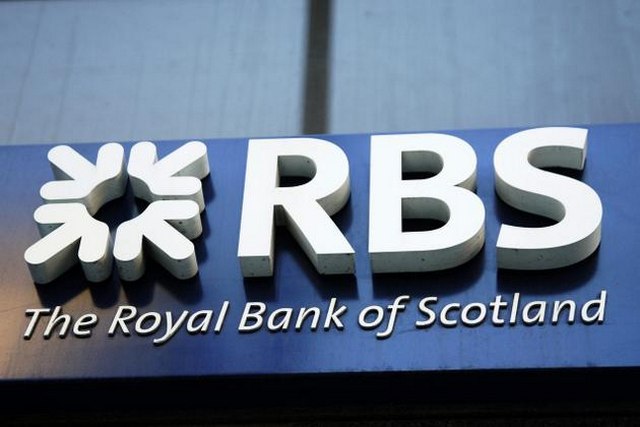RBS chooses Amsterdam to pick new Hub post-brexit

RBS reported a half-year profit for the first time in three years as the largely taxpayer-owned bank revealed plans to use Amsterdam as its EU hub post-Brexit.
The bailed-out lender made £939m in the first half of 2017, up from a £2bn loss a year ago. Despite the results, chief executive Ross McEwan warned that a full-year loss was likely. The bank has not made a full-year profit since it was rescued by the Government in 2008.
RBS will set up a new European headquarters in the Netherlands as part of a contingency plan to deal with a hard Brexit, the firm said in a statement to investors on Friday.
"NatWest Markets has reviewed ways to minimise disruption to the business and continue to serve its customers well in the event of any loss of EU passporting," RBS said.
"Should the outcome of the current EU separation negotiations make it necessary, NatWest Markets is ensuring our existing RBS N.V. banking licence in the Netherlands is operationally ready." Up to 150 staff could be employed in the beefed-up Dutch office, RBS said.
"Setup costs will be in the low tens of millions, running costs also in the low tens of millions," Chief Finance Officer Ewen Stevenson told reporters
Amsterdam, with some of the world's fastest data links and a history of high-frequency trading, has been attracting financial market platforms looking for a post-Brexit base in Europe with both Tradeweb and MarketAxess saying they would move to the city.
Banks are setting up offices across Europe in preparation for Britain leaving the EU single market and customs union. EU passporting rights currently allow financial services companies to "passport" their products and services to countries in the 28-member bloc. A loss of this right after Brexit would require banks to sell products and services from EU-based subsidiaries.

